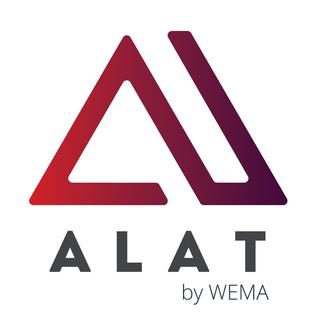Table of Contents
What are debit cards in Nigeria?
In Nigeria, a debit card is a type of ATM card that is issued by a financial institution and linked to an individual’s checking or savings account. Debit cards can be used to withdraw cash, make deposits, transfer funds between accounts, and make purchases at point-of-sale (POS) terminals. They are accepted at ATMs and POS terminals that bear the logo of the issuing institution or a network that the institution belongs to, such as Visa or Mastercard.
Debit cards are a convenient and widely accepted way to access and manage an individual’s bank account. They offer additional security and fraud protection compared to using cash and allow users to dispute unauthorized charges. Debit cards are typically issued to individuals who have a checking or savings account with a bank or other financial institution.
Overall, debit cards are a good choice for individuals in Nigeria who want to manage their day-to-day finances and have access to their bank accounts. They are widely accepted and offer a convenient and secure way to make transactions and manage money.
Pros and cons of a debit card in Nigeria
Debit cards in Nigeria have several pros and cons that individuals should consider before using them:
Pros of a debit card:
- Convenience: Debit cards are widely accepted and can be used to make purchases at point-of-sale (POS) terminals, withdraw cash at ATMs, and pay bills online. They are a convenient and secure way to manage finances and make transactions.
- Security: Debit cards offer additional security and fraud protection compared to using cash. They can be canceled or replaced if lost or stolen, and unauthorized charges can be disputed.
- No credit risk: Debit cards are linked to an individual’s checking or savings account, and they do not carry the risk of accumulating debt that is associated with credit cards.
Cons of a debit card:
- Fees: Debit cards may be subject to fees, such as ATM fees, overdraft fees, and foreign transaction fees.
- Limited protection: Debit cards may offer less protection than credit cards in the event of fraud or disputes.
- No credit history: Using a debit card does not contribute to an individual’s credit history, which may make it more difficult to obtain a loan or credit card in the future.
Overall, debit cards in Nigeria can be a convenient and secure way to manage finances and make transactions, but it’s important to carefully consider the potential fees and limitations before using them.


